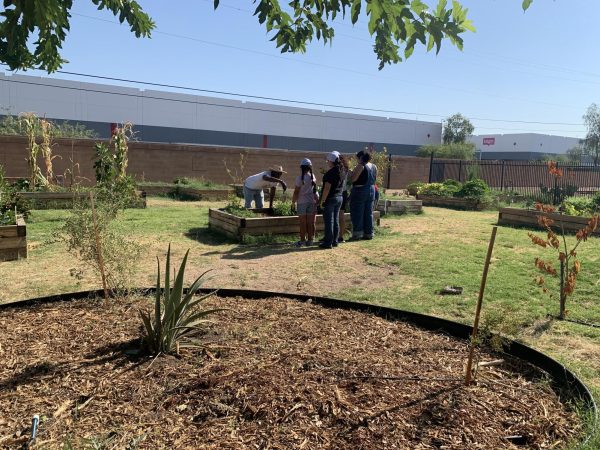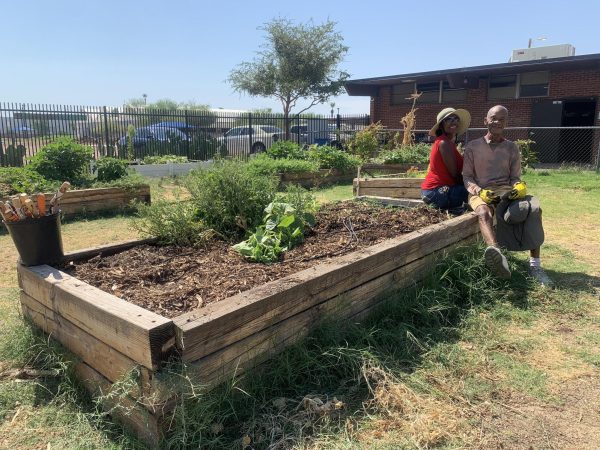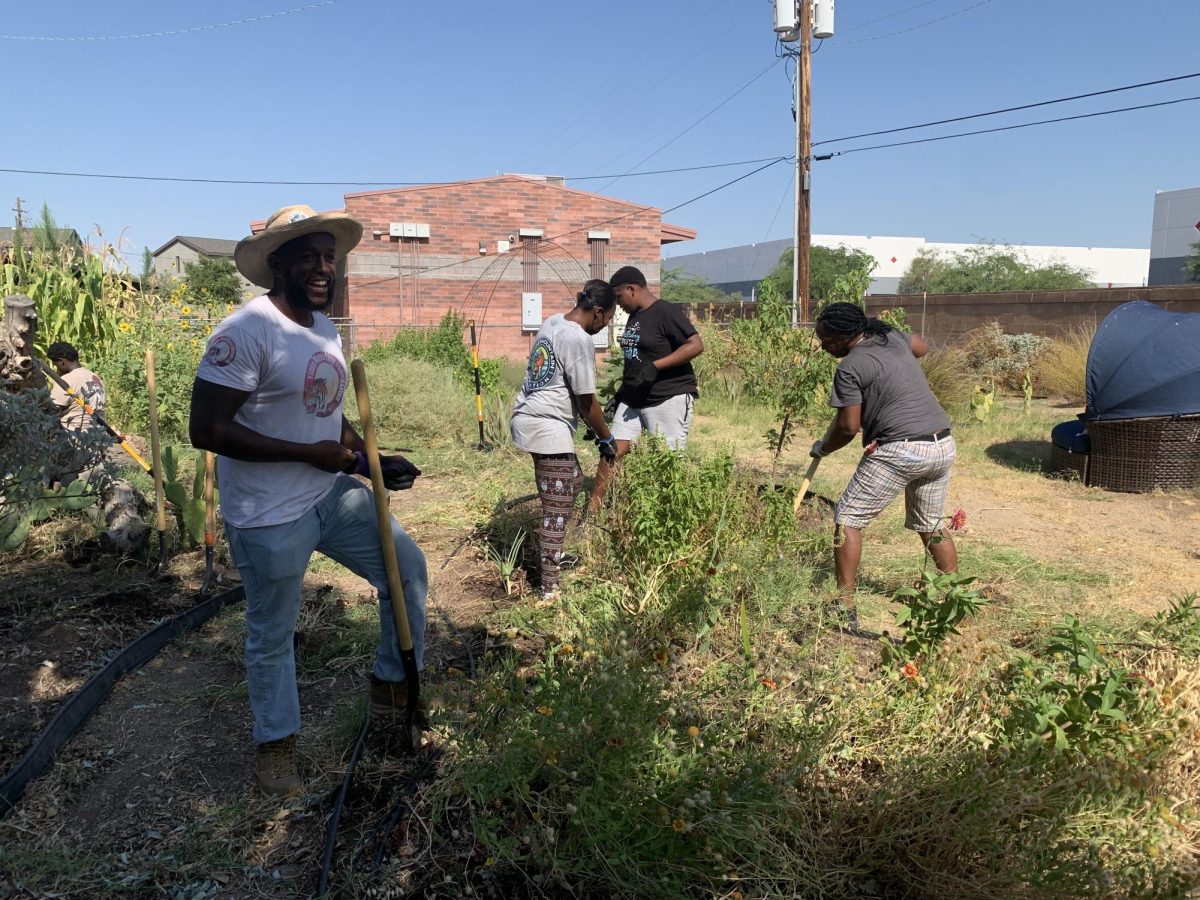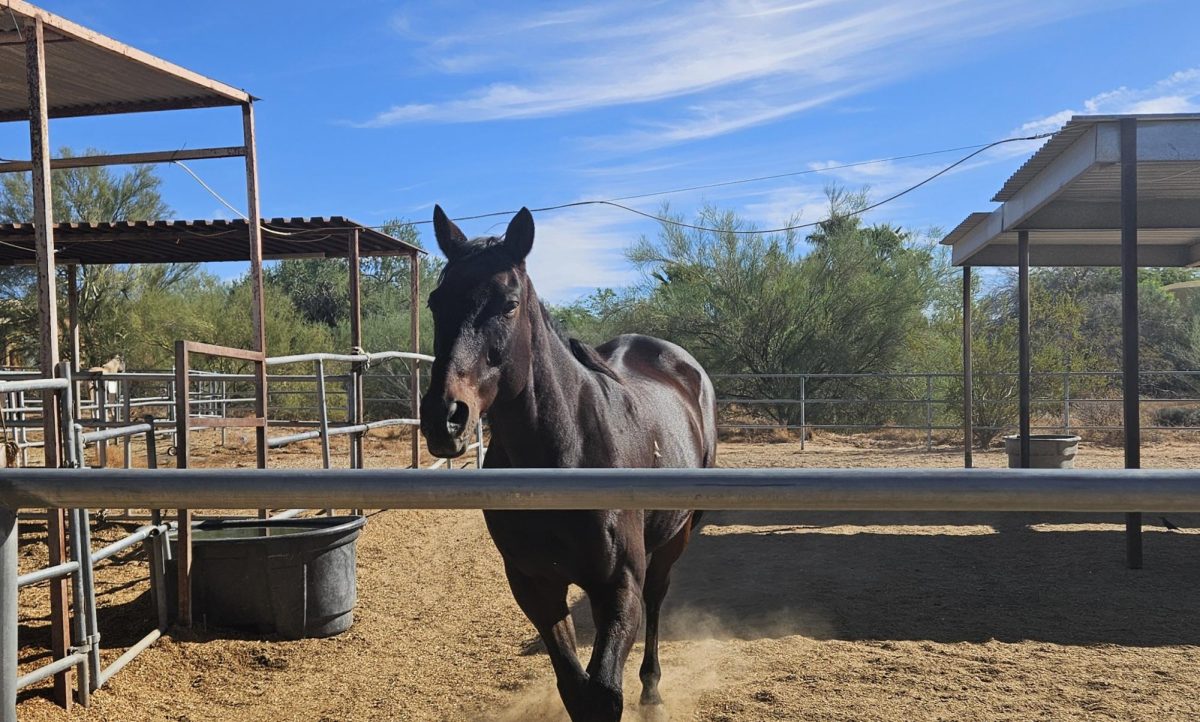The reauthorization of the Farm Bill has been delayed as lawmakers debate environmental regulations and funding priorities. This bill is crucial for providing resources and support to farmers. The House’s $1.5 trillion legislative package proposes significant boosts to farm safety net programs to aid farmers struggling with inflation and economic pressures. However, contentious provisions could limit future updates to the Thrifty Food Plan, potentially restricting the Supplemental Nutrition Assistance Program (SNAP) benefits that many low-income families rely on.
The delay and potential budget cuts to climate initiatives and SNAP could profoundly impact both farmers and low-income Americans. SNAP provides monthly grocery benefits to over 41 million individuals, and changes to this program could undermine their ability to afford nutritious food. Additionally, the Farm Bill supports rural development through funding and technical assistance for infrastructure, broadband deployment, and economic growth.
As the climate crisis intensifies, farmers across the Valley are grappling with unprecedented challenges. This summer is projected to be the hottest on record, following last year’s extreme heat. Local organizations, such as the TigerMountain Foundation, are at the forefront of efforts to adapt and educate the community on sustainable agricultural practices.
The TigerMountain Foundation manages multiple community gardens throughout the Valley, providing not only fresh produce but also education on gardening, healthy eating, and community building.
According to Rodney Smith, the Foundation’s Community Outreach Manager, “The planting calendar from seasons past no longer fits the flow. We are having to adjust based on the knowledge and experiences from last season. It’s a constant adjustment process.”
Adapting to a Changing Climate
These adjustments are crucial as traditional planting schedules become obsolete due to shifting weather patterns. The need for increased water usage is another significant challenge.
“We’ve had to extend our watering times. Last season, I was watering for 30 minutes; now, it’s 40 minutes,” Smith explained.
This increased water usage highlights the pressing need for conservation strategies amid dwindling water supplies.
Education is a cornerstone of the Foundation’s mission. They hold regular sessions to discuss various topics, including garden pests, which have become more prevalent due to weakened plant immune systems from the heat.
“We noticed a statewide infestation of squash bugs last year, coming much earlier than usual,” shared Smith. These pests pierce leaves and stems, causing significant damage to crops.
Community Engagement and Education

The Foundation’s efforts extend beyond gardening. They engage the community in discussions about broader social issues, fostering a sense of unity and shared purpose.
“We believe in the power of community, one garden at a time. Through these gardens, people connect, share resources, and learn from each other,” Smith emphasized.
This philosophy is evident in their collaborations with organizations like Local First Arizona and their initiatives such as the small business boot camp and ghost kitchen, which support local entrepreneurs.
A Personal Testament to Change
Smith, who discovered his passion for agriculture after serving time in prison, exemplifies the transformative power of community gardens.
“I didn’t know anything about agriculture or growing my own food until I came to TigerMountain. Fast forward two years, and I’m a Master Gardener, fully plant-based because of what I’ve learned,” he shared.

Through initiatives like these, the TigerMountain Foundation not only addresses immediate agricultural challenges but also fosters long-term community resilience and sustainability. Their work demonstrates that with education, adaptation, and community support, it is possible to navigate the complexities of climate change and build a healthier, more sustainable future for all.
Keosha Anderson agrees, “Our youth is so important, and we have to educate them because they are our next generation.”




















